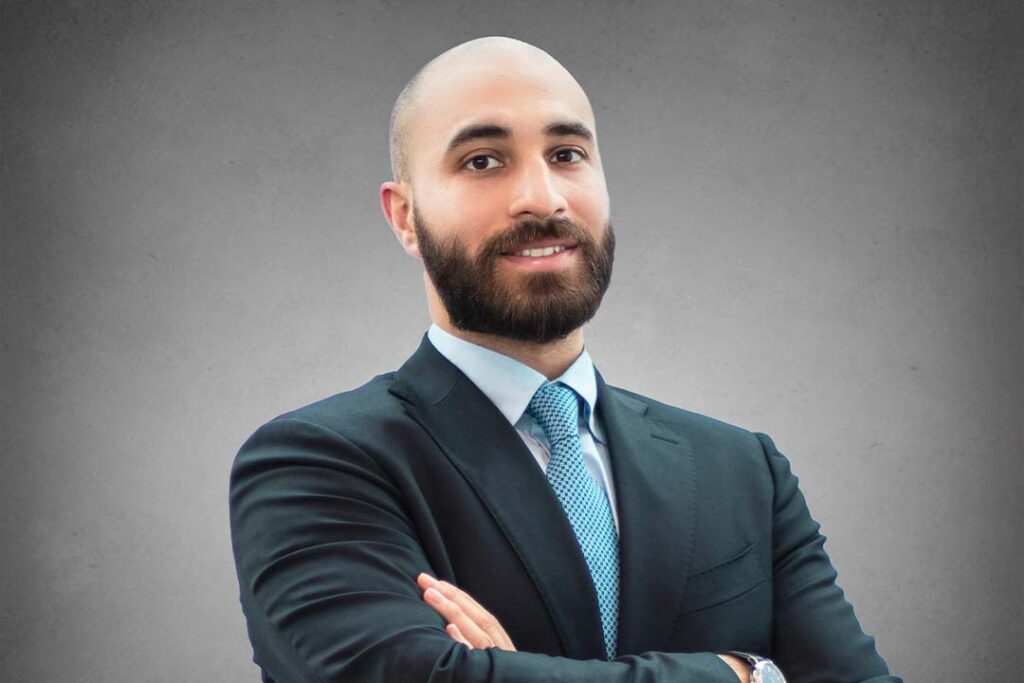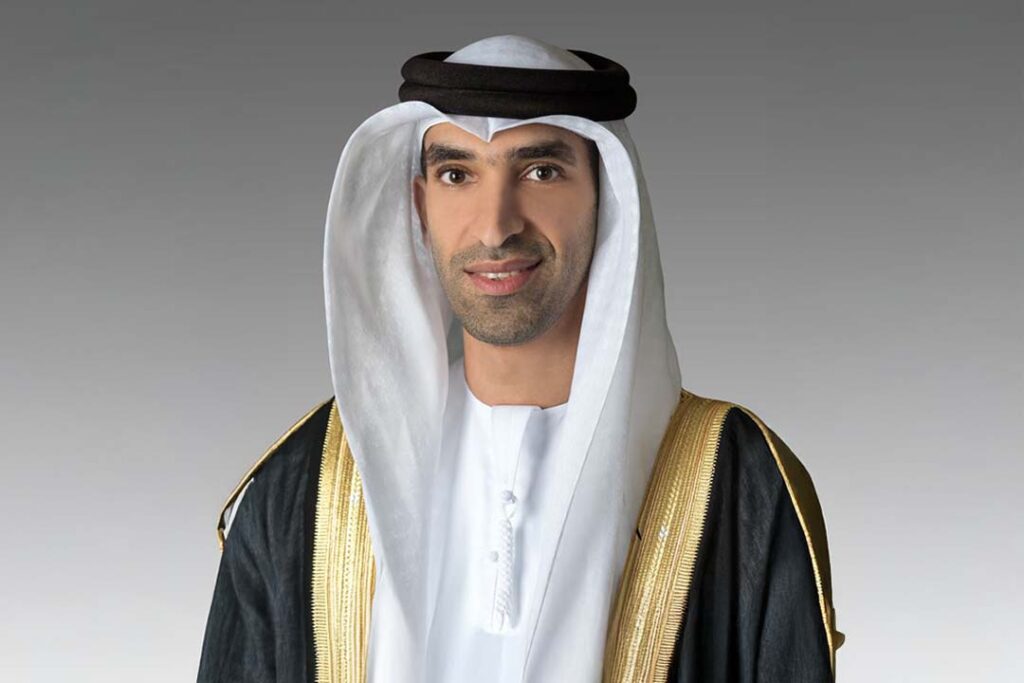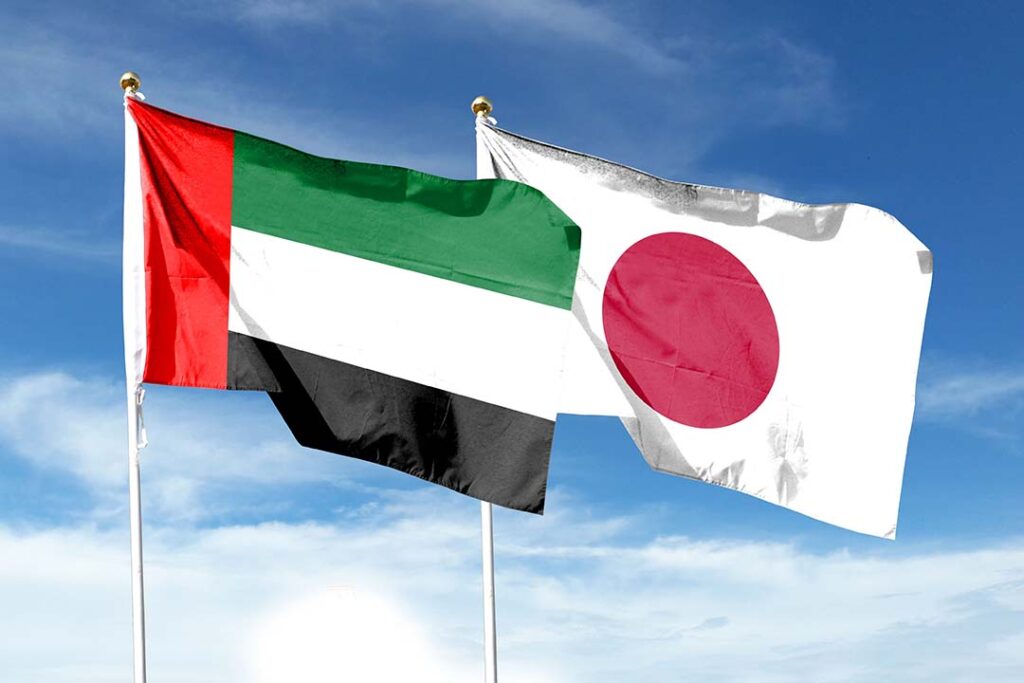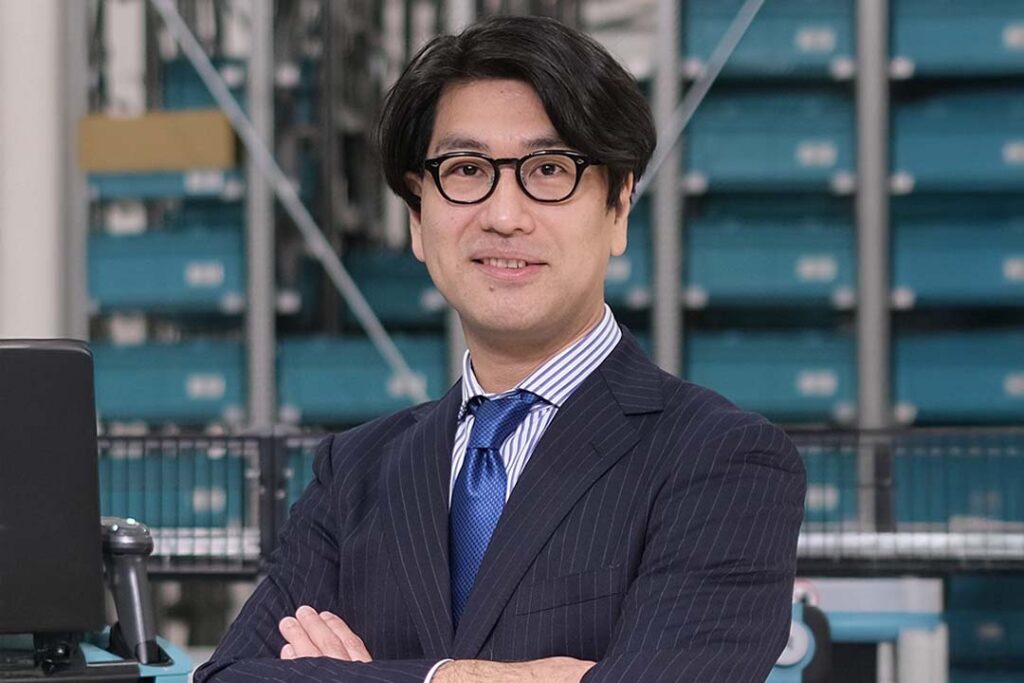Governments, industries and businesses across the globe have come to depend on the XIoT — from operational technology and industrial control systems to the internet of medical things and building management systems — to control external mechanisms for their operations. But how do they safeguard these somewhat more intangible assets from threats and attacks?
Claroty is on a mission to secure the cyber-physical systems of connected organizations. Headquartered in New York, the company’s cyber-physical systems protection platform robustly protects its clients from external cyber attacks by hackers who typically demand a ransom to restore the hacked systems.
“We have a vision of a future where every asset within the four walls of an organization can safely connect to support our lives — think about utilities like water and energy companies, food and beverage companies, health care and the like. All these companies that support our lives rely on connectivity; hence, they need protection for their cyber-physical systems,” shared Yaniv Vardi, Claroty’s CEO.
Claroty, in effect, is in the business of safeguarding and securing not only the digital assets and legacies of its clients, but also the physical assets that comprise the XIoT — and the lives that ultimately rely on these. The multi-awarded company has been in the industry since 2015, empowering industrial, healthcare, and commercial organizations to secure all cyber-physical systems in their environments.
You can’t protect what you don’t see. And that’s the biggest challenge. We help companies identify their assets, as well as their vulnerabilities, and then we provide the necessary action to mitigate the risks.
Yaniv Vardi, Chief Executive Officer of Claroty
“We serve countries, worldwide, including Japan, which, because of its level of industrialization, could greatly benefit from our services,” Vardi noted.
To date, Japanese multinationals SoftBank Group Corp. and Nippon Telegraph and Telephone Corp. have partnered with Claroty — partnerships that have bolstered further expansion, especially in the health care sector and overall operations. “You can’t protect what you don’t see. And that’s the biggest challenge. We help companies identify their assets, as well as their vulnerabilities, and then we provide the necessary action to mitigate the risks,” Vardi concluded.











